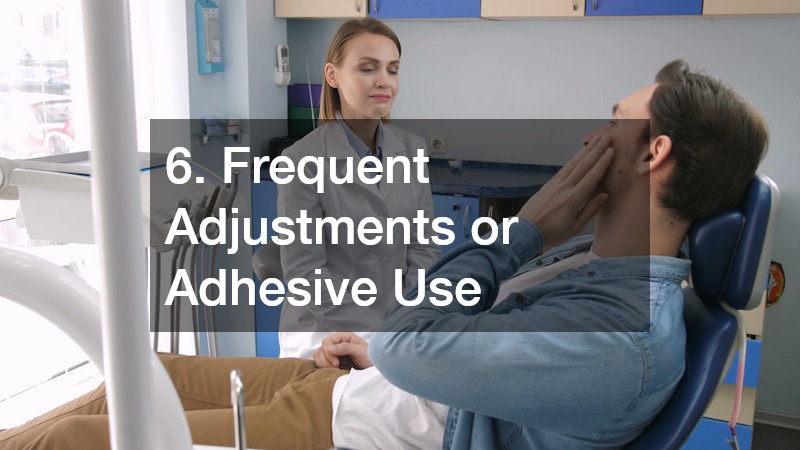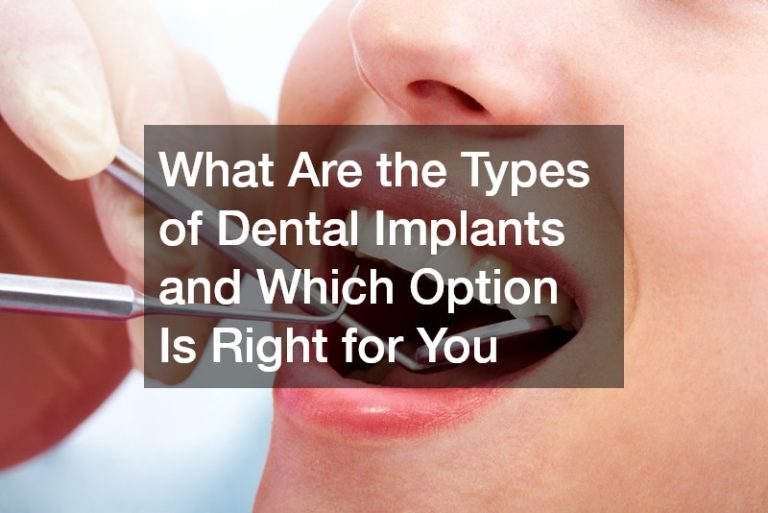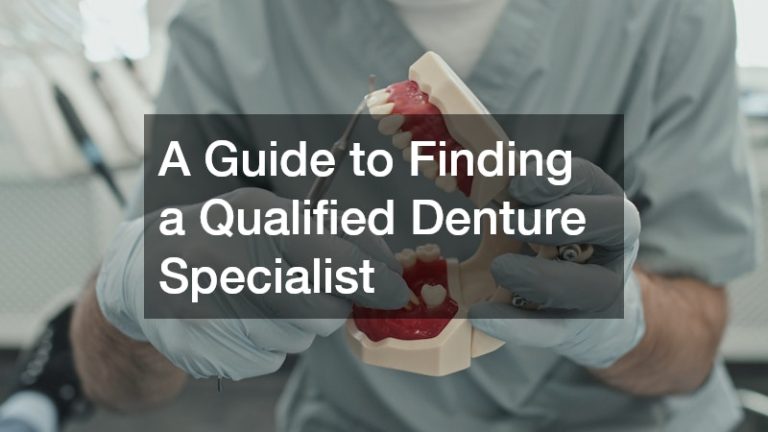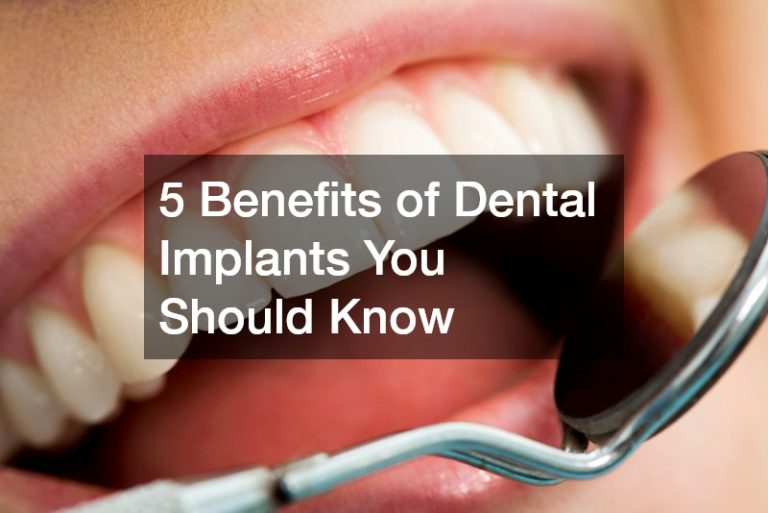Top Signs You May Need New Dentures

Artificial teeth play an essential role in restoring your smile, improving your ability to eat and supporting facial structure. While dentures are designed to be durable, they don’t last forever. Over time, wear and changes in your mouth can affect their fit and function.
Recognising the signs that indicate it might be time for new teeth can help you maintain oral health and comfort.
1. Discomfort or Soreness
One of the most obvious signs that your false teeth may need replacing is persistent discomfort or soreness. Even with regular adjustments, they can become ill-fitting as your gums and jawbone naturally change shape over time. If you experience constant irritation, sore spots or ulcers in your mouth, it may indicate that your artificial teeth no longer fit properly. Ignoring these symptoms can lead to more severe oral health problems, such as gum infections or bone loss.
Regular dental check-ups are essential to monitor how they fit. Your dentist can assess whether a simple adjustment will suffice or if a new set is necessary. Properly fitting dental implants should feel secure and comfortable, allowing you to speak, chew and smile without pain.
2. Difficulty Eating or Speaking
Another clear sign that it may be time for new article teeth is difficulty with everyday functions like eating or speaking. Over time, they can lose their shape or develop cracks, making it harder to bite and chew food effectively. Certain foods that were once easy to eat may become challenging, leading to frustration and potential nutritional deficiencies.
Speaking clearly can also be affected if the teeth bridge no longer fits snugly. Slurred speech, clicking noises or shifting teeth while talking are common indicators that a replacement may be necessary. Modern teeth are designed to improve speech and function, so experiencing ongoing difficulty is a signal to consult your dentist.
3. Visible Wear or Damage
Dentures can last many years with proper care, but visible signs of wear or damage are hard to ignore. Chips, cracks or worn-down teeth in your set of teeth can impact both appearance and function. When damaged, they may also compromise oral hygiene, as bacteria can accumulate in cracks and crevices.
If you notice any visible wear, it’s important to act promptly. Continuing to use damaged artificial teeth can worsen discomfort and potentially damage your gums or remaining natural teeth. Your dentist can evaluate whether repairs are possible or if a new set is a more effective option.
4. Changes in Facial Appearance
Dental implants help maintain the shape and structure of your face. Over time, jawbone resorption and changes in gum tissue can cause your set of teeth to fit poorly, resulting in a sunken appearance or changes in facial symmetry. If friends or family comment on subtle changes in your face or you notice a decrease in jaw support, it may be time to consider new teeth.
Properly fitted choppers should support your cheeks and lips, maintaining a natural facial contour. A well-fitting set not only enhances your smile but also helps preserve your overall facial appearance, contributing to confidence and self-esteem.
5. Persistent Bad Breath or Oral Infections
Ill-fitting or old false teeth can trap food particles and bacteria, leading to persistent bad breath or even oral infections. If regular cleaning doesn’t eliminate unpleasant smells, it may indicate that your teeth no longer fit properly or are worn down.
Regular maintenance and professional cleanings are crucial for prolonging the life of bridgeworks, but they can only do so much if they are aged or damaged. Your dentist can recommend the best approach, whether that involves relining, repair or replacement.
6. Frequent Adjustments or Adhesive Use
If you find yourself constantly using denture adhesive or requiring frequent adjustments, this is a strong sign that your fake teeth may be nearing the end of their lifespan. While adhesives can provide temporary stability, they are not a substitute for properly fitting teeth. A consistent need for adhesive suggests that they no longer provide a secure fit, which can affect both comfort and oral health.
Dental implants are a valuable investment in your oral health, comfort and appearance, but they do not last forever. Signs that you may need new fake teeth include persistent discomfort, difficulty eating or speaking, visible damage, changes in facial appearance, persistent bad breath and the frequent need for adhesive or adjustments.
Regular dental check-ups and professional guidance are key to identifying when it’s time for a replacement. By recognising these signs early, you can ensure your dentures continue to support your oral health and confidence for years to come.






